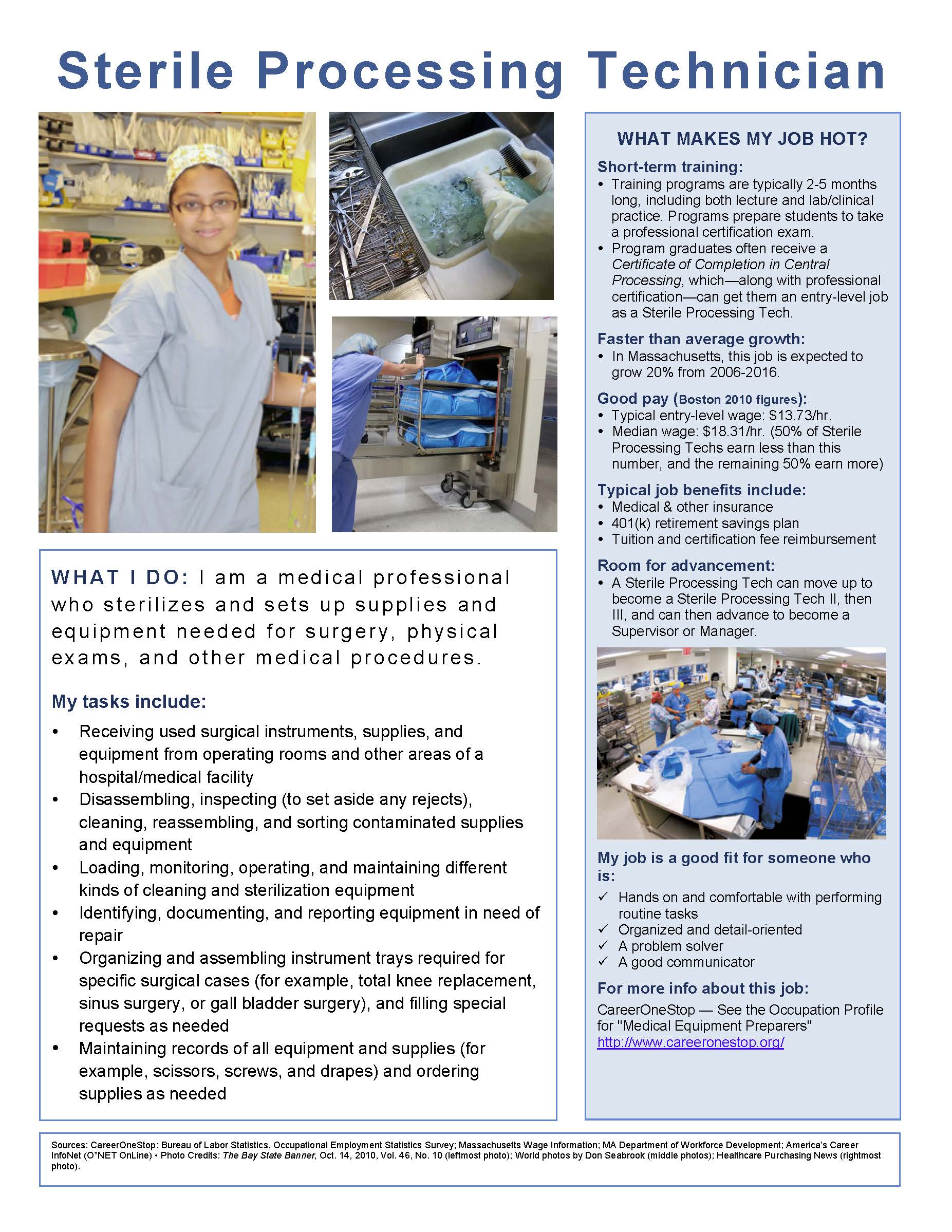
The Best Bet Profile is the result of the Counseling to Careers training - a developed "brochure" for counselors to use with students. Read more...

JFF helps communities identify off-track and out-of-school/out-of-work young adults, determine the school and pathway designs, and establish supporting policies and systems that will put them on a path to postsecondary credentials.
Learn more about this Stratgic Assessment & Planning.